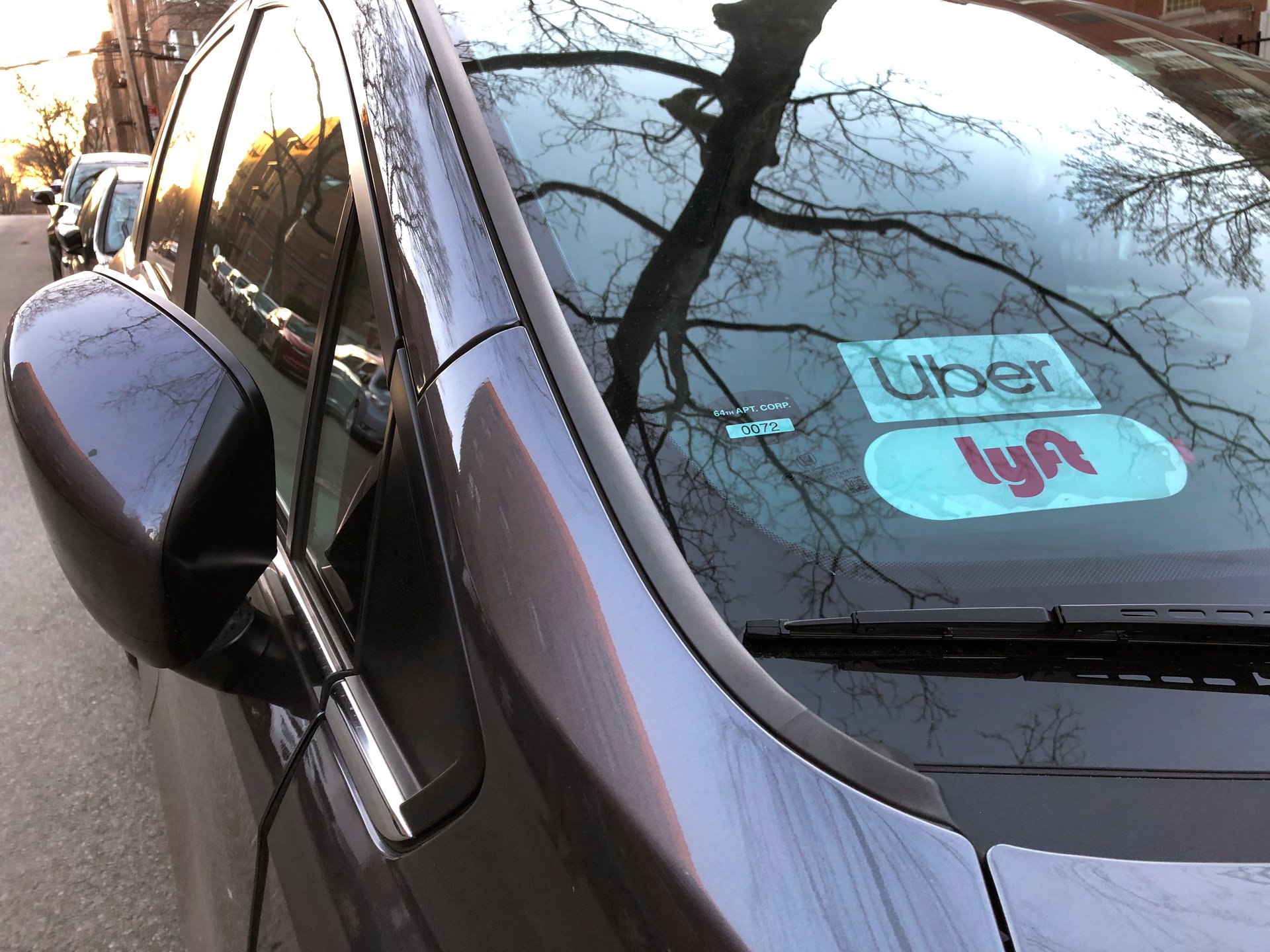Trump's latest labor pick is good news for the gig economy
His administration is expected to reverse Biden's rules on classifying workers

President-elect Donald Trump has tapped Keith Sonderling as his deputy labor secretary, handing employers in the so-called gig economy an ally.
Suggested Reading
Sonderling previously served as Trump’s acting administrator of the Department of Labor’s (DOL) wage and hour division, as well as a Republican commissioner on the Equal Employment Opportunity Commission (EEOC). The deputy labor secretary job requires Senate confirmation and occasionally ends up leading the agency.
“Keith will work with our great nominee for secretary of labor, Lori Chavez-DeRemer, to put our country and workers FIRST,” Trump said in a late-night Truth Social post on Tuesday.
In 2019, while serving at the DOL, Sonderling issued a 10-page opinion letter concluding that an unnamed “virtual marketplace” employer’s workers are classified as independent contractors, not as employees. The letter found that workers were not an integral part of the company’s business because they “do not develop, maintain or otherwise operate” the platform connecting them with customers.
The guidance was welcomed by lawyers at gig companies, which touted the letter as potentially persuasive material that could be used in court. Although such letters aren’t legally binding, they can be applied as guidance for other companies.
The question of whether gig workers are independent contractors or employees has plagued companies like Uber (UBER), Lyft (LYFT), DoorDash (DASH), and others for years. Some 36% of respondents to a 2022 McKinsey survey identified as independent workers. Misclassifying workers can cost workers as much as $18,000 each year in income and job benefits, according to the left-leaning Economic Policy Institute.
Several corporations have gone to court to fight to classify their workers as independent contractors. Such workers lack basic protections, such as overtime and unemployment insurance, that employees are granted and usually make less than the minimum wage.
Last January, President Joe Biden’s Labor Department rescinded a Trump-era rule that made it easier for companies to label workers as independent contractors, allowing millions of workers to be considered employees. Several trade associations quickly filed lawsuits, including the U.S. Chamber of Commerce.
Fisher Phillips, a law firm specializing in labor and employment issues, in November, said it was confident that the Trump administration would again change federal rules on the independent contractor issue. It recommended that employers prepare for potential shifts in federal rules but keep state laws in mind.
In July, California upheld a rule classifying gig workers at Uber, Lyft, and others as independent contractors, while Pennsylvania dismissed an eight-year case where Uber Black drivers alleged they were misclassified as contractors.
Alabama and Georgia have state laws clarifying that app-based drivers aren’t employees as long as certain conditions are met. Utah has a law on the books allowing workers to be offered some benefits without classifying them as employees.
Massachusetts in November voted to approve union rights for rideshare drivers. A few months earlier, Uber and Lyft reached a settlement with the state to give drivers benefits without the same legal protections as full employees.
Uber stock rose by more than 2% in trading Wednesday, while Lyft jumped by more than 3%. Doordash is up by almost 2%.
Shortly before he joined the EEOC, Sonderling’s Wage and Hour division announced the Payroll Audit Independent Determination program. It allowed companies to self-report federal minimum wage and overtime violations to avoid litigation or damages.
The program was ended just nine days after Biden took office in 2021. A DOL official said at the time that the program “deprived workers of their rights and put employers that play by the rules at a disadvantage.”
Sonderling stepped down from the EEOC in August after his term expired the month prior. During his time at the commission, he advocated for more guidance on the use of artificial intelligence and voted against new guidance on advising employers that misgendering workers may considered harassment.
